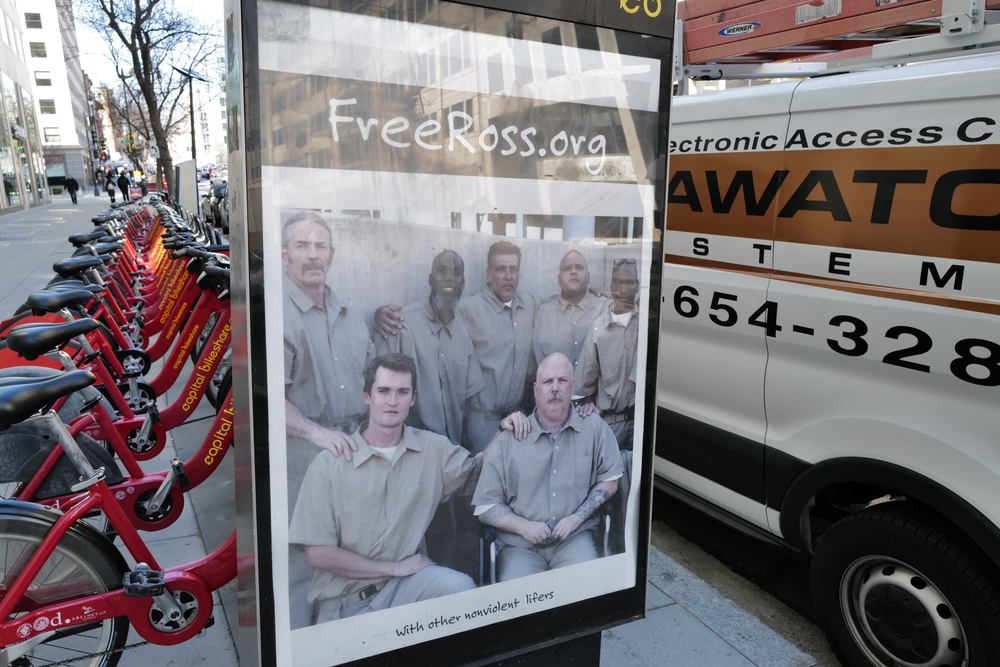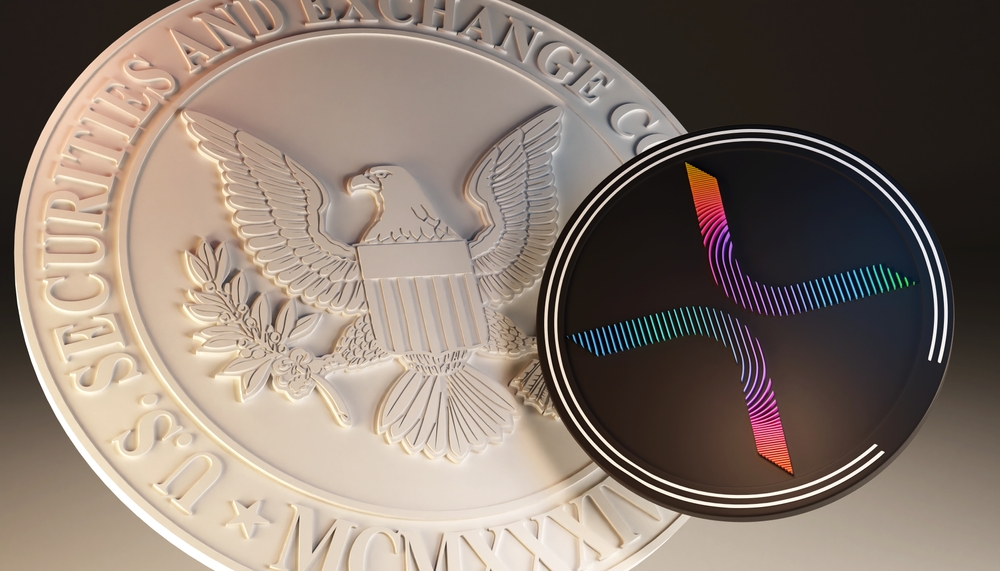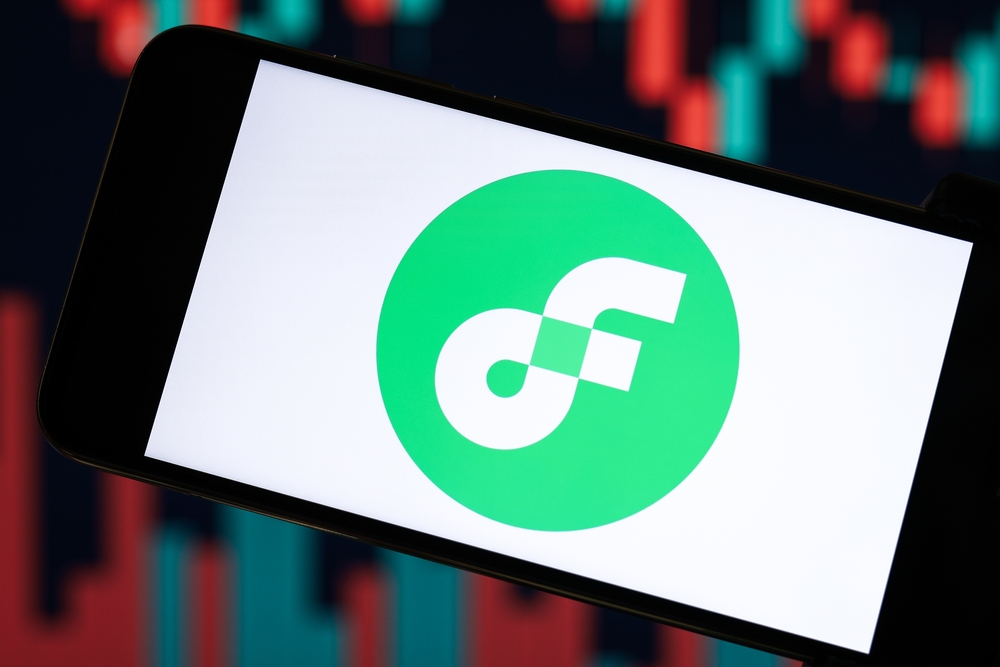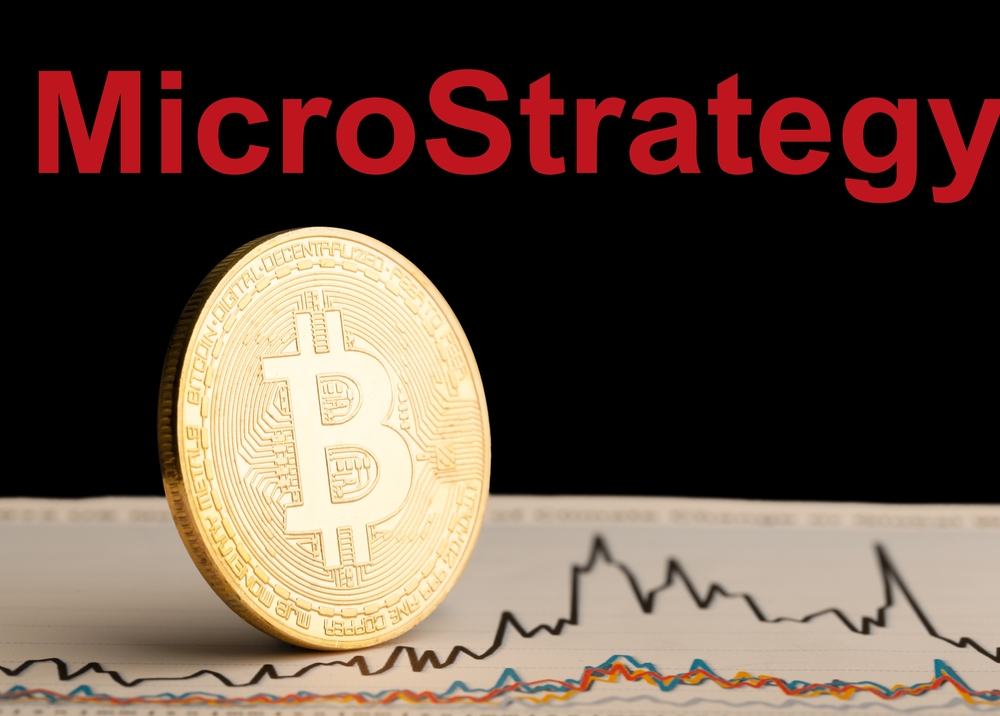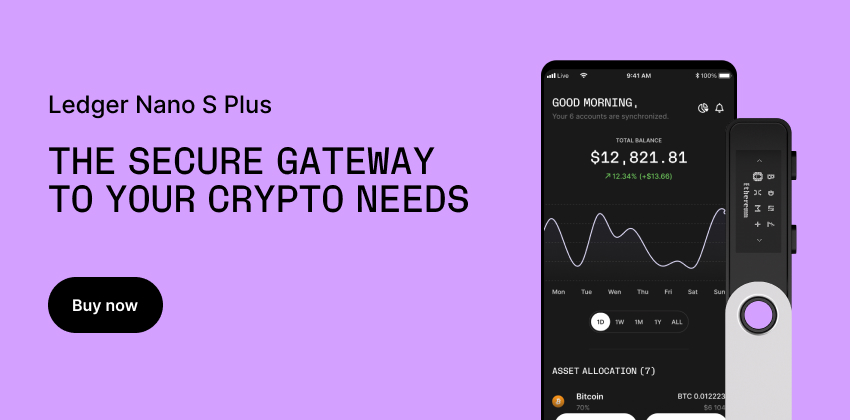Table of Contents
ToggleIntroduction
Ross Ulbricht, a name that sparked controversy and debate in the world of technology and law enforcement. In 2011, he created Silk Road, a dark web marketplace that allowed users to buy and sell goods anonymously, including illegal drugs. Ulbricht operated the site under the pseudonym “Dread Pirate Roberts” until his arrest in 2013.
Ulbricht’s journey from college graduate to infamous cybercriminal captivated public attention. His case raised questions about internet freedom, privacy, and the limits of government surveillance. After his conviction in 2015, Ulbricht spent nearly a decade behind bars.
In a surprising turn of events, President Donald Trump granted Ulbricht a full pardon in January 2025. This decision reignited discussions about criminal justice reform and the role of technology in modern society. Ulbricht’s story continues to fascinate and divide people, highlighting the complex relationship between innovation, crime, and punishment in the digital age.
Key Takeaways
- Ross Ulbricht created Silk Road, an anonymous online marketplace for illegal goods.
- He was arrested in 2013 and spent nearly a decade in prison for his crimes.
- President Trump pardoned Ulbricht in January 2025, sparking renewed debate.
Early Life and Education of Ross Ulbricht
Ross William Ulbricht’s early years shaped his future path. His upbringing and education laid the groundwork for his later interests and activities.
Tucson, Arizona and Academic Background
Ross William Ulbricht was born on March 27, 1984, in Austin, Texas. He grew up in a middle-class family and showed promise from a young age.
As a youth, Ulbricht joined the Boy Scouts. He achieved the rank of Eagle Scout, the highest honor in scouting. This accomplishment showed his drive and dedication.
Ulbricht’s academic journey began in Austin. He attended West Ridge Middle School and Westlake High School. He graduated from high school in 2002.
For college, Ulbricht moved to Dallas. He earned a bachelor’s degree in physics from the University of Texas at Dallas. Later, he pursued graduate studies at Penn State University. There, he completed a master’s degree in materials science and engineering.
Introduction to Libertarian Ideology
During his college years, Ulbricht became interested in libertarian ideas. This political philosophy emphasizes personal freedom and limited government control.
Ulbricht’s attraction to libertarianism grew stronger over time. He began to explore concepts of liberty, privacy, and free markets. These ideas would later influence his actions and decisions.
As part of the Libertarian Movement, Ulbricht sought ways to apply these principles. He became curious about how technology could support libertarian goals. This interest led him to discover Bitcoin and explore its potential for creating freer markets.
The Founding of Silk Road
Ross Ulbricht created Silk Road in 2011 as an online marketplace on the dark web. The site used Bitcoin and the Tor network to keep users anonymous. It quickly grew into the largest underground market for illegal drugs.
Creation and Philosophy of Silk Road
Ulbricht launched Silk Road in February 2011. He wanted to make a free market where people could buy and sell goods without government control. The site used Bitcoin for payments to hide money trails. It also used the Tor network to keep users anonymous.
Silk Road sold mainly illegal drugs at first. But it soon added other items like fake IDs. Ulbricht saw the site as a way to promote libertarian ideals. He thought it would reduce violence in the drug trade by moving it online.
The site had rules against selling anything meant to harm others. But it still drew criticism for making drug dealing easier.
Growth of the Dark Web Marketplace
Silk Road grew quickly after its launch. By 2013, it had nearly 1 million user accounts. The site made millions in Bitcoin from sales fees. This success sparked other dark web markets to open.
Silk Road became known as the “Amazon of illegal drugs.” It had a review system like other e-commerce sites. This helped buyers find trusted sellers. The site also had forums where users could chat.
Law enforcement tried to shut Silk Road down. But its use of Bitcoin and Tor made it hard to trace. The site’s growth showed how technology could enable large-scale illegal trade online.
Technical Aspects of Silk Road
Silk Road relied on advanced technologies to operate as an anonymous online marketplace. These included cryptocurrency for payments and encrypted networks to hide user identities.
Bitcoin and Cryptography
Bitcoin was the only accepted payment method on Silk Road. The cryptocurrency allowed for pseudonymous transactionswithout going through banks or other financial institutions.
All Bitcoin transfers were recorded on the public blockchain. This created a permanent record of transactions. However, Bitcoin addresses were not directly tied to real-world identities.
Silk Road used a tumbler to further obscure the flow of funds. The tumbler mixed different users’ coins together, making it harder to trace specific payments.
Strong encryption protected messages between buyers and sellers. This prevented outsiders from reading sensitive communications about illegal goods.
Use of Tor and Ensuring Anonymity
Silk Road operated as a hidden service on the Tor network. Tor encrypts internet traffic and bounces it through multiple servers around the world. This hides the true IP address and location of users.
To access Silk Road, customers needed specialized Tor browser software. The site’s .onion address was only reachable through Tor. This setup made it extremely difficult for law enforcement to track visitors.
Silk Road encouraged using PGP encryption for sensitive messages. Many vendors also required encrypted shipping addresses. These practices added extra layers of privacy protection for users.
The site’s operators took great care to hide their own identities and server locations. This made it challenging for authorities to shut down Silk Road or identify its administrator.
Ross Ulbricht’s Role as Dread Pirate Roberts
Ross Ulbricht took on the alias “Dread Pirate Roberts” to run the Silk Road, an online black market. He managed all aspects of the site and faced serious allegations during his time as its leader.
Managing the Criminal Enterprise
Ulbricht controlled every part of Silk Road as Dread Pirate Roberts. He oversaw a team of paid administrators and programmers who helped run the site daily.
The marketplace allowed users to buy and sell illegal drugs and other illicit goods using Bitcoin. Ulbricht set the rules and policies for the site’s operations.
He took a percentage of each sale as commission, generating millions in revenue. Ulbricht worked to expand Silk Road’s reach and protect users’ anonymity.
Allegations of Murders-for-Hire
Prosecutors claimed Ulbricht tried to arrange several murders to protect Silk Road. He allegedly paid for hits on people he saw as threats to his operation.
While no murders actually occurred, the allegations showed how far Ulbricht may have gone to safeguard the site. Chat logs seemed to reveal negotiations for these hits.
The murder-for-hire accusations added to the severity of charges against Ulbricht. They painted him as willing to use violence to maintain control of his criminal enterprise.
Investigations Leading to Arrest
Ross Ulbricht’s capture involved complex investigations by multiple agencies. Law enforcement used both digital and real-world tactics to track down the Silk Road creator.
DEA and FBI Involvement
The Drug Enforcement Administration (DEA) started looking into Silk Road in 2011. They made undercover purchases on the site to gather evidence.
The FBI joined the investigation in 2012. They focused on tracing Bitcoin transactions linked to Silk Road. This helped them follow the money trail.
Agents also went undercover online. They posed as drug dealers and site administrators. This let them gather inside information about how Silk Road worked.
The FBI found a key break when they discovered an early Silk Road post linked to Ulbricht’s email. This helped them zero in on their target.
Collaboration of Law Enforcement Agencies
The Silk Road case brought together many law enforcement groups. The DEA, FBI, IRS, and Homeland Security all played roles.
These agencies shared information and resources. They each brought different skills to the table. The DEA knew about drug trafficking. The FBI had cybercrime experts. The IRS traced financial records.
This teamwork was crucial. Silk Road operated across international borders. It used complex technology to hide identities. No single agency could have cracked the case alone.
The investigation climaxed in October 2013. FBI agents arrested Ulbricht in a San Francisco library. They caught him logged into the Silk Road admin page, providing solid evidence of his role.
Trial and Convictions
Ross Ulbricht faced serious charges related to his role in creating and operating the Silk Road darknet marketplace. His trial and sentencing sparked debates about internet freedom and criminal justice.
Charges and Legal Proceedings
Ulbricht was arrested in October 2013 and charged with multiple felonies. The prosecution accused him of running Silk Road under the alias “Dread Pirate Roberts.” Charges included narcotics trafficking, money laundering, and computer hacking.
The trial took place in the Southern District of New York in January 2015. It lasted less than a month. Prosecutors presented evidence linking Ulbricht to Silk Road operations.
Ulbricht’s defense team argued he had limited involvement with the site. They claimed he was set up by others. The jury found Ulbricht guilty on all charges after deliberating for only a few hours.
Sentencing and Legal Controversies
In May 2015, the judge sentenced Ulbricht to life in prison without the possibility of parole. This harsh sentence exceeded even the prosecution’s recommendations.
The judge cited the need to deter others from similar crimes. She also pointed to allegations that Ulbricht had tried to arrange murders, though he was never charged for this.
Ulbricht’s supporters argued the sentence was too severe for non-violent offenses. They claimed it violated his Sixth Amendment rights. Appeals to overturn the conviction and reduce the sentence were unsuccessful.
The case raised questions about online privacy and the reach of law enforcement in the digital age. It highlighted the challenges of prosecuting cyber crimes.
Ross Ulbricht’s Life in Prison
Ross Ulbricht spent over 11 years behind bars for his role in creating the Silk Road darknet marketplace. His time in prison was marked by legal battles and efforts to secure his release.
Impact on Family and Supporters
Ulbricht’s imprisonment deeply affected his loved ones. His mother, Lyn Ulbricht, became a vocal advocate for his release. She spoke at conferences and rallied support for her son’s cause.
Many supporters viewed Ulbricht’s life sentence as too harsh. They argued that the Silk Road was a non-violent crime. The case sparked debates about internet freedom and drug policy.
Ulbricht maintained contact with the outside world through letters and phone calls. He shared his thoughts on prison life and his case in blog posts written from behind bars.
Attempts at Clemency and Pardon
Ulbricht’s legal team filed multiple appeals, but courts upheld his conviction and sentence. As traditional legal options dwindled, focus shifted to clemency and pardon efforts.
A petition for Ulbricht’s clemency gained over 365,000 signatures. Supporters argued that his sentence was disproportionate to his crimes.
President Donald Trump took interest in Ulbricht’s case. Trump saw it as an example of overly harsh sentencing for non-violent offenses.
In January 2025, Trump granted Ulbricht a full pardon, ending his incarceration after 11 years. The decision was met with both praise and criticism from different groups.
Public and Media Perception
Ross Ulbricht‘s case sparked intense public interest and media coverage. His story was told through documentaries, books, and news articles that shaped how people viewed him and the Silk Road.
Coverage by Documentaries and Press
Documentaries played a big role in how people saw Ross Ulbricht. The film “Deep Web” gave an in-depth look at his case. It showed different sides of the story and made some viewers question if his sentence was too harsh.
News outlets covered the case closely. Many focused on the illegal drugs sold on Silk Road. But some also talked about Ulbricht’s libertarian views and how the site kept users safer than street deals.
Public opinion was split. Some saw Ulbricht as a dangerous criminal. Others viewed him as a champion of internet freedom who was treated unfairly.
The Book ‘American Kingpin’
The book “American Kingpin” by Nick Bilton was a bestseller. It told Ulbricht’s story like a thriller. The book painted him as a smart but misguided young man who got in over his head.
Bilton’s work shaped how many people understood the case. It gave details about Ulbricht’s life and how he ran Silk Road. The book was praised for its research but some felt it was too dramatic.
“American Kingpin” kept public interest in the case high. It led to more debate about online privacy, drug laws, and internet freedom.
Economic and Societal Impact
Ross Ulbricht’s case had far-reaching effects on digital markets and online communities. It sparked debates about internet freedom and government control.
Influence on Cryptocurrency Community
Ulbricht’s pardon stirred significant discussion in the cryptocurrency world. Many saw it as a victory for digital privacyadvocates.
The Silk Road’s use of Bitcoin helped boost the currency’s popularity. It showed how crypto could be used for anonymous transactions.
This case highlighted the tension between financial privacy and law enforcement. It pushed crypto developers to create more privacy-focused coins.
The pardon also renewed interest in blockchain technology for building decentralized marketplaces. Some view these as ways to resist government control.
Changes in E-Commerce on the Dark-Web
The Silk Road’s fall changed how dark web marketplaces operate. Many new sites emerged, using improved security measures.
These markets became more decentralized to avoid single points of failure. They adopted multi-signature escrow systems for safer transactions.
Vendors and buyers became more cautious, using encrypted communication tools. The drug trade continued, but with heightened awareness of risks.
Law enforcement agencies developed new techniques to track online drug sales. This led to an ongoing cat-and-mouse game between authorities and dark web users.
The Silk Road case prompted discussions about drug policy reform. Some argued that online markets reduce violence in the drug trade.
The Libertarian Response and Movements
Ross Ulbricht’s case sparked strong reactions from Libertarians. The Libertarian Party and its members took action to support Ulbricht and push for his release.
Involvement of Libertarian Party
The Libertarian Party played a key role in advocating for Ross Ulbricht’s freedom. They saw his case as an example of government overreach and excessive punishment. The party championed the Free Ross movement, which was led by Ulbricht’s mother, Lyn.
Libertarians argued that Ulbricht’s actions were non-violent and that his life sentence was too harsh. They viewed the Silk Road website as a free market experiment, aligning with Libertarian principles of personal freedom and limited government intervention.
The party used its platform to raise awareness about Ulbricht’s case. They organized rallies, petitions, and social media campaigns to gather support for his release.
Libertarian National Convention Discourses
Ross Ulbricht’s case became a hot topic at Libertarian National Conventions. At the 2024 convention, party members chanted for Ulbricht’s release, showing the strong support he had within the party.
Speakers at the conventions often used Ulbricht’s story to highlight issues of:
- Drug policy reform
- Internet freedom
- Criminal justice system flaws
These discussions helped keep Ulbricht’s case in the spotlight and maintained pressure for his release. The conventions served as a rallying point for Libertarians to coordinate their efforts in support of Ulbricht.
The party’s focus on Ulbricht’s case at these events helped solidify his status as a libertarian icon. This increased attention played a part in building political support for his eventual pardon.
Frequently Asked Questions
Ross Ulbricht’s case has sparked many questions about his imprisonment, legal charges, and potential pardon. The Silk Road marketplace he created had significant impacts on cryptocurrency and has been widely covered in media.
What is the current status of Ross Ulbricht’s imprisonment?
Ross Ulbricht is currently serving a life sentence without the possibility of parole. He was sentenced in 2015 for his role in creating and operating the Silk Road dark web marketplace.
What were the charges against Ross Ulbricht in the Silk Road case?
Ulbricht was convicted on seven charges. These included drug trafficking, computer hacking, money laundering, and operating a continuing criminal enterprise.
Has there been any discussion of a pardon for Ross Ulbricht?
President Donald Trump pardoned Ross Ulbricht in January 2025. This decision was announced by Trump on January 21, 2025.
What amount of Bitcoin was confiscated from Ross Ulbricht by the authorities?
The exact amount of Bitcoin confiscated from Ulbricht varied in reports. It was estimated to be worth tens of millions of dollars at the time of seizure.
Can you describe the impact of Silk Road on the digital currency market?
Silk Road played a significant role in popularizing Bitcoin. The marketplace’s reliance on cryptocurrency for transactions helped increase Bitcoin’s adoption and value.
How has Ross Ulbricht’s story been covered in books and the media?
Ulbricht’s story has been covered extensively in various media formats. Books, documentaries, and news articles have explored the creation of Silk Road and its impact on dark web markets.

